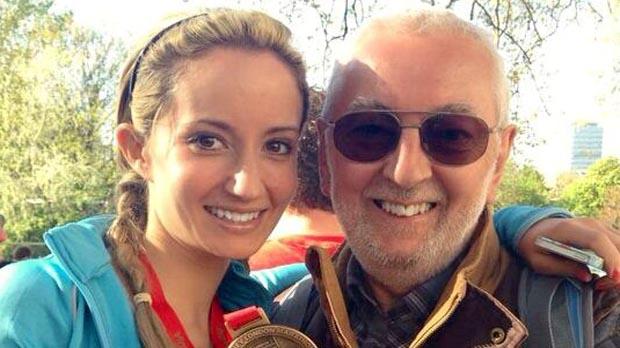
“I think it’s really important that people keep signing up to these type of trials to push research forward.”
This trial looked at using high dose chemotherapy and a stem cell transplant for children who had a neuroectodermal tumour that had come back following treatment.
Primitive neuroectodermal tumour (PNET) is a group of brain cancers that mainly occur in children. Doctors treat PNETs in the brain with surgery, radiotherapy and chemotherapy. But sometimes these treatments don’t work very well and the cancer comes back.
This trial was for children and young people up to the age of 21. We use the term 'you' in this summary, but of course if you are a parent, we are referring to your child.
If you have a PNET in the brain that has come back, it is difficult to treat.
The researchers wanted to find out if  could improve the treatment for children and young people with PNET in the brain that had come back.
could improve the treatment for children and young people with PNET in the brain that had come back.
The trial team found that high dose chemotherapy was of little benefit for children and young people with primitive neuroectodermal tumours (PNETs) in the brain that had come back.
This trial included 45 children and young people who had a PNET that had come back. Of these, 40 had the most common type of PNET called a medulloblastoma and 5 had a rarer type called a supratentorial PNET. Most of them had previously had radiotherapy.
In this study, the planned treatment was cyclophosphamide and surgery or radiotherapy if appropriate. If this got rid of all or most of the cancer (put it into complete or nearly complete remission), the children and young people taking part could go on to have high dose chemotherapy.
Of the 5 children who had supratentorial PNET
Unfortunately all of their tumours continued to grow and sadly they died.
Of the 40 children with medulloblastoma
The researchers found that the average length of time they lived was just over 1 and half years.
After an average follow up period of nearly 7 and half years, 37 children had sadly died. The trial team concluded there was little benefit in giving high dose chemotherapy to children whose primitive neuroectodermal tumour had come back.
We have based this summary on information from the team who ran the trial. The information they sent us has been reviewed by independent specialists ( ) and published in a medical journal. The figures we quote above were provided by the trial team. We have not analysed the data ourselves.
) and published in a medical journal. The figures we quote above were provided by the trial team. We have not analysed the data ourselves.
Please note: In order to join a trial you will need to discuss it with your doctor, unless otherwise specified.
Professor Barry Pizer
Bristol-Myers Squibb
Children's Cancer and Leukaemia Group (CCLG)
Chugai Pharma UK Ltd
National Institute for Health Research Cancer Research Network (NCRN)
If you have questions about the trial please contact our cancer information nurses
Freephone 0808 800 4040

“I think it’s really important that people keep signing up to these type of trials to push research forward.”